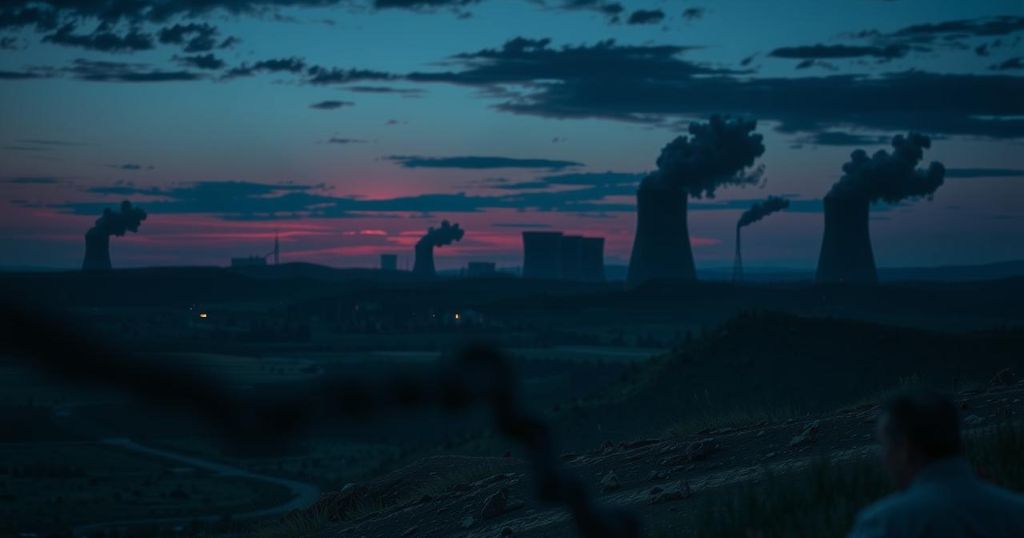Could North Koreans Working in Iran Have Been Killed or Wounded in the Weekend’s Attacks?

Speculation surrounds potential North Korean casualties in U.S. airstrikes on Iran’s nuclear sites. Analysts suggest North Korean personnel in Iran could have been harmed, triggering possible retaliations by Kim Jong-un. South Korea is taking precautionary measures amid rising tensions in the region following these attacks.
Speculation is rife regarding whether North Koreans could have been harmed in the recent U.S. strikes targeting Iran’s nuclear facilities. Observers familiar with North Korean activities express concerns that North Korean personnel, who have reportedly been aiding Iran with its nuclear and missile programs, may have suffered casualties due to the air and missile attacks.
Bruce Bennett, a veteran North Korea analyst from the RAND Corporation, discusses these possibilities, noting that if any North Koreans were killed, it could provoke retaliation against the United States by Kim Jong-un. Despite North Korea’s vocal condemnation of the U.S. attacks as a breach of the UN Charter, the regime has not openly acknowledged its involvement in assisting Iran’s nuclear ambitions, fearing that such an admission could expose them to risk.
Bennett emphasizes that Kim Jong-un is likely concerned about the safety of North Korea’s nuclear facilities being targeted next. He speculates that as a bold move, Kim could potentially transfer nuclear weapons to Iran, enabling the country to conduct an atmospheric test, signifying that U.S. efforts to contain Iran’s nuclear development have failed.
Heightened concerning developments have also influenced South Korea’s response, with President Lee Jae Myung postponing his attendance at a NATO meeting in the Hague. According to reports from Yonhap News, Lee’s government is implementing an “emergency response system” to tackle the increased tensions stemming from the situation in the Middle East.
As the historical context of the Korean War looms large, Kim is presumably monitoring damage assessments from recent airstrikes, particularly the impact of the U.S.’s potent bunker-busters at the Fordow nuclear site in Iran. He would want to know if these actions could jeopardize North Korea’s own nuclear infrastructure.
Evans Revere, a former senior American diplomat based in Seoul, commented on the situation, stating that even in the event of a U.S. strike, it would be improbable to eliminate all of North Korea’s nuclear warheads due to their distribution across the country. Unlike Iran, North Korea should be regarded as an existing nuclear power, not merely a potential threat.
Revere further explains that North Korea’s rapid advancements in its nuclear program are strategic. The regime believed long ago that possessing nuclear weapons is crucial to ensuring its survival, which is why it has been vigorously expanding its arsenal and fortifying its military capabilities.
In summary, the possibility of North Korean casualties in the recent U.S. attacks on Iran raises significant safety and regional stability concerns. Analysts believe that such losses might lead to retaliatory actions from Kim Jong-un, particularly given North Korea’s historical stance on nuclear armament. With ongoing tensions in the Middle East, South Korea is also on high alert, signaling the potential for escalating diplomatic and military challenges in the region.
Original Source: www.nysun.com






